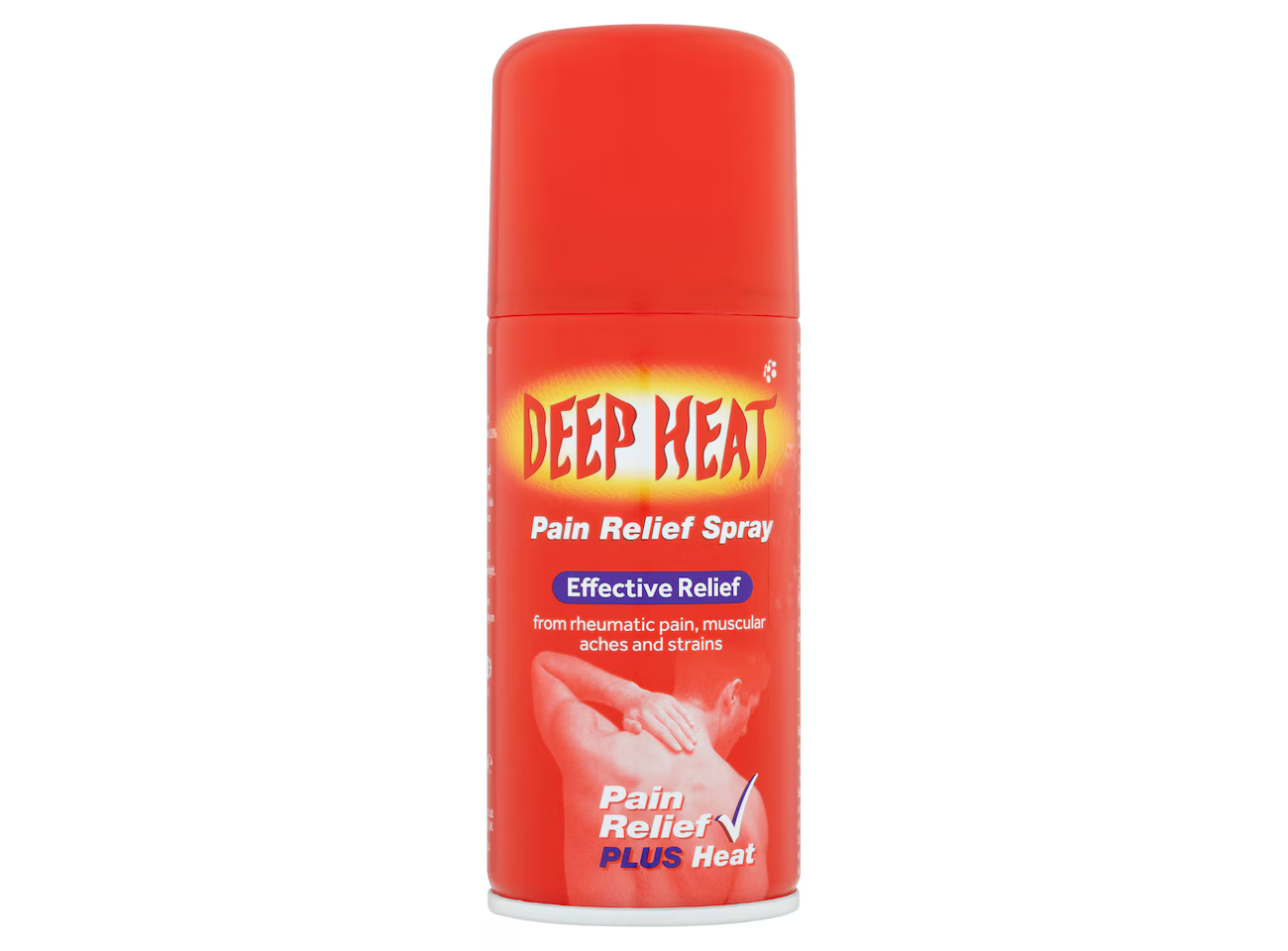When faced with mortal peril, the average member of the British public might prefer to defend themselves with something more robust than a bottle of whiskey.
Last Saturday, passengers on board a train found themselves in this dire predicament. The ‘frail / Travelling coincidence’ – as Philip Larkin described the same journey through Doncaster to King’s Cross – took a terrifying turn when a knifeman went on a stabbing spree and injured 11 people.
No wonder this nightmarish attack has revived discussions about personal safety
Witness Olly Foster recalled that a group of passengers fled until they reached the end of the carriage. Trapped, they stared down the aisle and prayed the assailant wouldn’t pursue them. In a bid to defend themselves, they searched for an item to use as a makeshift weapon. All they had was a bottle of Jack Daniel’s.
No wonder this nightmarish attack has revived discussions about personal safety. There have been calls to legalise pepper spray in the wake of the Huntingdon attack, with shadow home secretary Chris Philp saying that it ‘merits real consideration’.
In the UK, it is illegal to carry a weapon for the explicit purposes of self-defence. Under the Prevention of Crime Act 1953 and the Criminal Justice Act 1988, any item made, adapted, or intended to cause injury can be classed as an ‘offensive weapon’. Everyday objects, such as an umbrella or a bottle, can be used reactively if attacked, but carrying them with intent to use them as weapons – even in self-defence – can lead to prosecution.
Pepper spray (including CS gas or similar incapacitating sprays) is classified as a prohibited firearm under the Firearms Act 1968 and an offensive weapon under the Offensive Weapons Act 2019. Purchasing and using it, even to save lives in extremis, can land you in prison for up to ten years.
The only fully legal self-defence product is a rape alarm. The police also suggest buying sprays which ‘squirt a relatively safe, brightly coloured dye’. I don’t know about you, but making sure my attacker is ‘relatively safe’ – and pretty in pink – is low on my list of priorities.
Self-defence often relies on physical strength, so groups such as women and the elderly are the most vulnerable. As are the immobile, who cannot flee and remain wholly dependent on the support of others. Are they supposed to accept their fate while clutching a wheelchair ramp?
Pepper spray immobilises potential assailants without causing lasting harm. It can quell violence when used judiciously in a crisis – the US National Institute of Justice says that it has a success rate of over 80 per cent in stopping assaults when used correctly. In the majority of European countries, such as France, Germany and Italy, pepper spray is legal for civilian use with restrictions. It is prohibited in nine others, including this sceptred isle.
Those opposing the legalisation of pepper spray argue that it risks creating a weapons culture – a slippery slope to armament, perhaps – and normalising combat. The emphasis, they say, should be on de-escalation. It’s not clear exactly how those people on the train were supposed to de-escalate that situation.
They also warn that pepper spray could fall into the wrong hands. But the most dangerous would-be criminals already have their hands full – with knives and machetes. Knife crime has almost doubled since 2014 per the ONS. The year ending March 2024 saw 50,510 knife offences, including attempted murder, murder, threats to kill, robbery, rape, and sexual assault. If criminals wanted to use pepper spray, they would do already.
The past few weeks have been a roll call of knife-related horror – Saturday’s attack is the latest in a litany of woes. We saw the conviction of Deng Chol Majek, who murdered hotel worker Rhiannon Whyte by stabbing her 23 times with a screwdriver. Haybe Cabdiraxmaan Nur was sentenced for knifing Gurvinder Johal to death at a branch of Lloyds Bank. Wayne Broadhurst was slain while walking his dog down a leafy street in Uxbridge. Is it any wonder the public is perturbed?
I hear the murmurings of worried contemporaries, some of whom are investigating Deep Heat as an alternative to pepper spray. One even wondered about keeping a wasp nest spray in her handbag. Men speculate about the revival of walking canes or umbrellas – both debonair and potentially useful in a real crisis.
Mumsnet, the voice of concerned Middle England, is awash with women hypothesising about the efficacy of hairspray and spiked rings. As one mother put it: ‘We are not being protected by our authorities so we should be able to carry something to defend ourselves or help immobilise an attacker.’ The thought that haunts everyone: when will my turn come?
Commentators such as Owen Jones are quick to call this a manufactured panic whipped up by right-wing agitators. ‘It’s in the interests of the far right to terrify the population,’ Jones informs us. But the far-right isn’t terrifying the population. Knife-wielding maniacs are.
It is the primary duty of the state to keep its people safe and respond to their legitimate concerns. On that score, it has completely failed. The least it could do is give us a fighting chance.








Comments